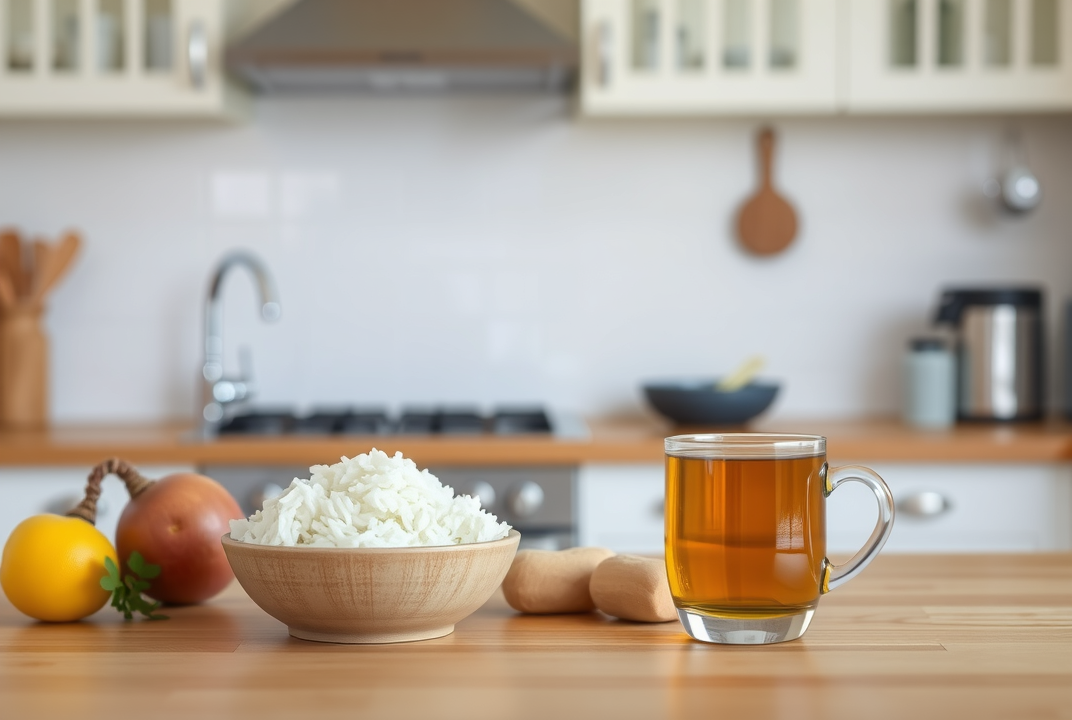Effective Preparation for a Diverticulitis Flare-Up

Introduction
What if you could significantly reduce the discomfort and risk associated with a diverticulitis flare-up? For those living with diverticulitis, understanding the steps to prepare for a flare-up can be crucial in maintaining overall digestive health. In this article, we will explore essential preparation tips to help you effectively manage and reduce symptoms during a diverticulitis flare-up.
Understanding Diverticulitis
Diverticulitis is a digestive condition characterized by the inflammation or infection of small pouches, known as diverticula, that can form in the walls of the digestive tract. These pouches are more common in the large intestine and can lead to severe pain and complications if not managed properly.
Symptoms and Causes
Common symptoms of a diverticulitis flare-up include abdominal pain, fever, nausea, and changes in bowel habits. Understanding what triggers these flare-ups can help in planning your response. Possible causes can range from dietary choices to stress and lack of exercise.
Preparing for a Flare-Up
Preparation is key in managing diverticulitis. Here’s a step-by-step guide to help you stay ahead of a potential flare-up:
1. Maintain a Low-Fiber Diet During Flare-Ups
During a flare-up, it is advisable to switch to a low-fiber diet to minimize irritation in the digestive tract. Foods like white rice, refined pasta, and clear broths can help ease symptoms.
2. Stay Hydrated
Adequate fluid intake is vital in preventing dehydration during a flare-up. Water, herbal teas, and clear soups are excellent options to keep you hydrated.
3. Follow Medical Advice
Adhere strictly to any prescribed medication or treatment plans provided by your healthcare provider. This might include antibiotics or other prescribed medications to manage inflammation.
4. Monitor Symptoms Closely
Keep a close watch on your symptoms and note any changes. This is important for adjusting your management plan and knowing when to seek medical attention.
Lifestyle Adjustments
Beyond diet, lifestyle changes play a significant role in managing diverticulitis.
1. Stress Management
Stress can aggravate diverticulitis symptoms. Consider adopting stress-reduction techniques such as yoga, meditation, or simple breathing exercises.
2. Regular Physical Activity
Engaging in light exercises, like walking or cycling, can improve gut mobility and reduce the risk of a flare-up. Always consult with a healthcare provider before beginning any new exercise routines.
Knowing When to Seek Help
It is critical to know when to contact a healthcare professional. Symptoms such as severe pain, persistent fever, vomiting, or inability to eat or drink should prompt immediate medical consultation.
Conclusion
Being prepared for a diverticulitis flare-up involves a combination of dietary management, hydration, adherence to medical advice, and lifestyle adjustments. By adopting these strategies, you can effectively manage a flare-up and maintain your digestive health.
For more information on managing diverticulitis or other related advice, consider consulting with a healthcare professional. Take proactive steps and stay informed to live more comfortably with diverticulitis.